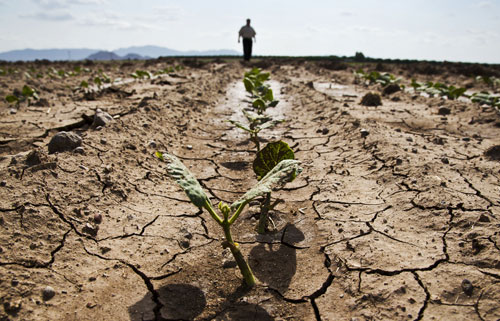 As recently highlighted in the Guardian newspaper, Malawi has been suffering from an extended period of drought throughout 2017, with water levels at the country’s main hydro-electric plant falling to critical levels, resulting in major blackouts across the country.
As recently highlighted in the Guardian newspaper, Malawi has been suffering from an extended period of drought throughout 2017, with water levels at the country’s main hydro-electric plant falling to critical levels, resulting in major blackouts across the country.For people connected to the electricity grid, this means they are being forced to look for alternative power solutions to light their homes and power basic appliances like mobile phones. As Brave Mhonie, SolarAid Malawi’s General Manager explains,
“Areas which are traditionally connected to the grid are in total darkness. We’ve seen alot more candles and kerosene lamps being used in these areas as a result. While we normally focus our efforts on providing energy solutions in rural areas, where 95% of the population are not connected to the electricity grid, right now, we are also seeing a big increase in demand for simple solar lighting and power across urban and peri-urban areas.”
John Keane, SolarAid’s CEO, who recently returned from visiting SunnyMoney’s projects in Malawi explains,
“We are committed to creating a world where everyone has access to clean, renewable energy. In Malawi, right now, there is huge need for alternative power solutions across the country. We don’t want a world where people are still having to turn to candles and kerosene lights each evening.”
Energy poverty not only has a huge impact on peoples day to day lives, it also impacts economic growth, human development and environmental sustainability. Unfortunately, most companies can not make a viable business out of reaching people living in energy poverty in remote, rural areas. Indeed, the IEA predicts that business as usual will lead to more people across Africa living without electricity access in 2030 than today.
Our team in Malawi is working hard to change this situation, one solar light, one family, at a time.
If you can, please help by supporting our work.
If you can, please help by supporting our work.